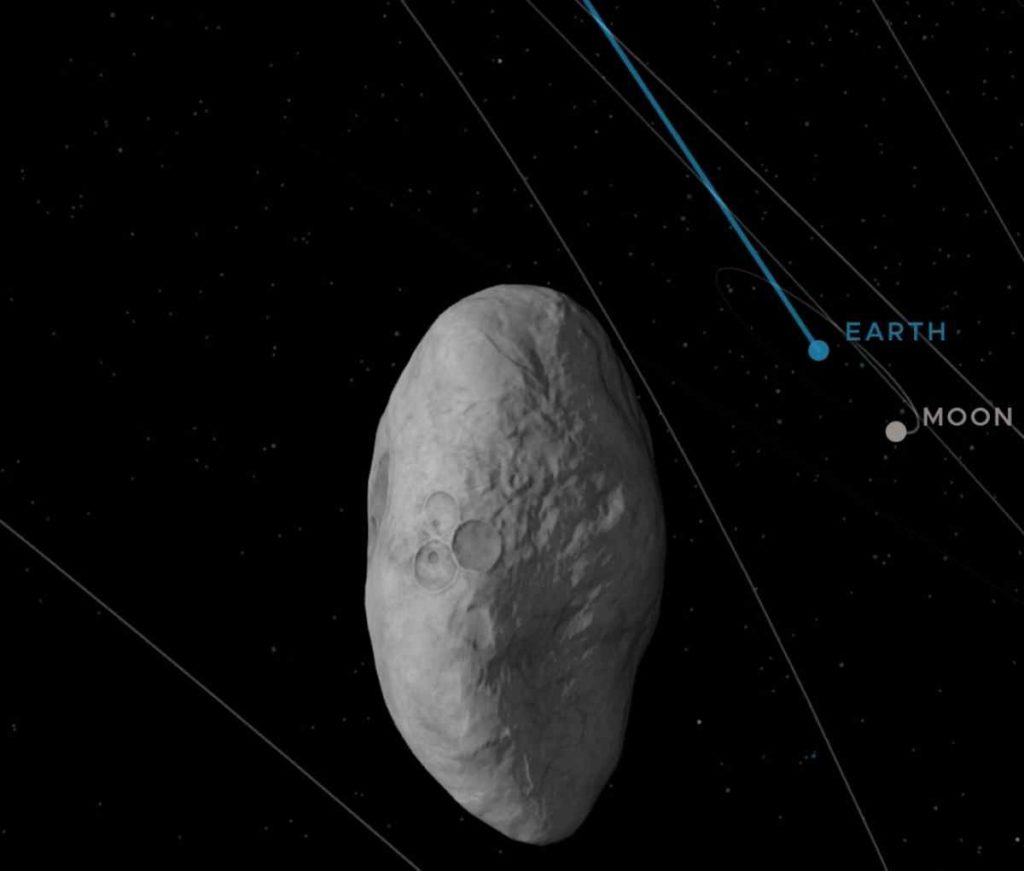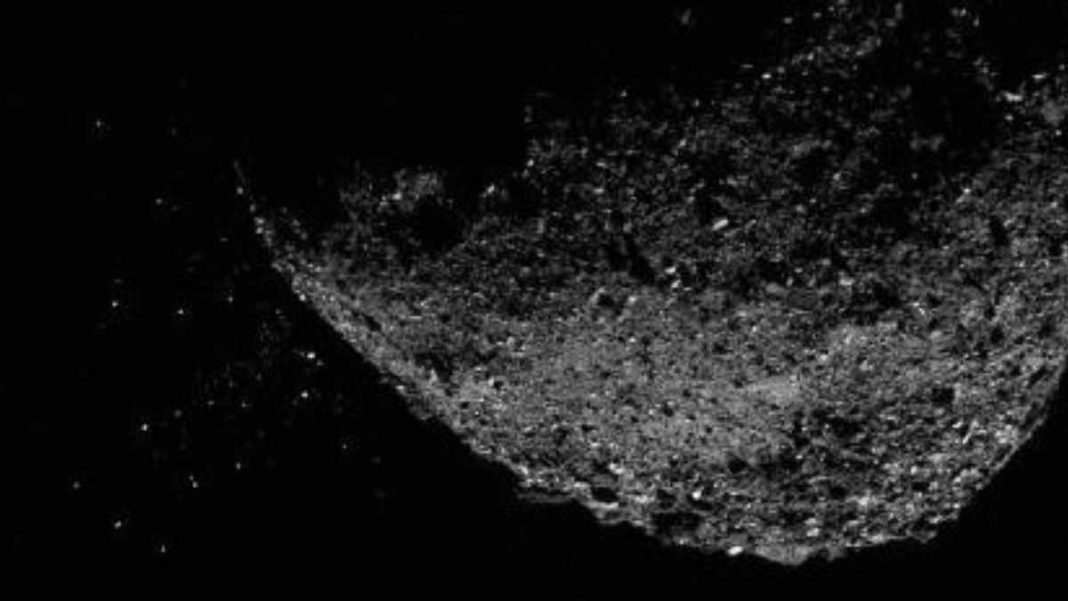UNITED STATES: On April 13, 2023, the asteroid 2012 KY3 will make a close approach to Earth, passing at a distance of over 47 lakh kilometers from our planet. While this asteroid is classified as a Near Earth Object (NEO), it poses no threat to our planet during this near approach.
However, given the possible risks posed by other NEOs, it is vital to continue developing technologies to protect Earth from the potential impacts of asteroids and other space objects.
What are Asteroids?
Asteroids are rocky fragments left over from the formation of the solar system about 4.6 billion years ago. They vary in size, shape, and composition, and some can pose a potential risk to Earth if they collide with our planet. When an asteroid’s distance from Earth is less than 1.3 times the distance from Earth to the Sun, it is classified as a Near Earth Object (NEO).
2012 KY3 is a NEO and falls into the category of “planet killer” objects as asteroids bigger than a kilometer in width have the capability of surviving entry into Earth’s thick atmosphere. This asteroid is between half a kilometer to just over a kilometer in size and has a four-year-long orbit around the Sun.
The Close Approach
2012 KY3 was discovered in 2012, and the Jet Propulsion Laboratory has been tracking its movement since as early as 1904. The last time this asteroid came close to Earth was in January 2019 when it came as close as 6,82,88,436 kilometers from the planet. The asteroid will next come this close to Earth in 2025.

During its April 13, 2023, near approach, 2012 KY3 will pass at a distance of over 47 lakh kilometers from Earth. While this distance may seem far, it is still classified as a close approach given the vast distances of space.
Protection from NEOs
While 2012 KY3 poses no threat to Earth during its upcoming close approach, the potential risks posed by other NEOs remain a concern. Fortunately, scientists are developing technologies to protect Earth from the potential impacts of asteroids and other space objects.
One such technology is the Double Asteroid Redirection Test (DART) mission by NASA. This mission tested the use of a kinetic impactor to deflect an asteroid from its path slightly and change its orbit. DART was the first-ever space mission to demonstrate asteroid deflection by a kinetic impactor.
Other methods being explored include gravity tractors, which use the gravitational pull of a spacecraft to gradually alter the path of an asteroid, and nuclear explosive devices, which could be used to destroy or deflect an asteroid.
Conclusion
The close approach of asteroid 2012 KY3 on April 13, 2023, highlights the potential risks posed by NEOs and the importance of developing technologies to protect Earth from their impacts. While this asteroid poses no threat to our planet during its near approach, it serves as a reminder of the need to continue studying and monitoring NEOs and to develop effective methods to protect Earth from their potential impacts.
Also Read: Large Asteroid 2023 DZ2 Passes by Earth, Raises Awareness of Planetary Defense Efforts



